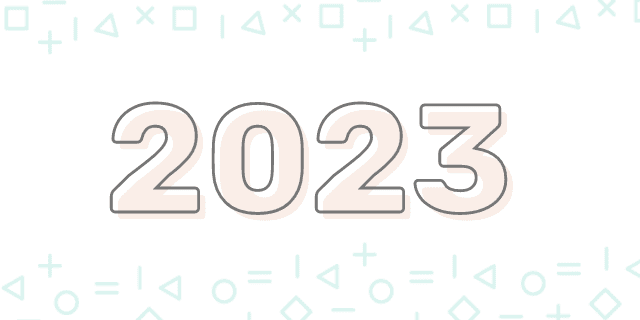That’s when Americans should brace themselves for an economic recession and a benchmark interest rate over 3 percentage points higher than it is now, according to a new forecast.
The Federal Reserve’s war on inflation will cause enough collateral damage to the economy to send it into a recession by “late 2023,” economists at Deutsche Bank wrote in a report released Tuesday. Plus, inflation is so high that the fight against it—waged through a series of increases to the benchmark fed funds rate—will be particularly forceful, they said. The Fed will hike the rate, which had been at virtually zero until recently, to over 3.5% by next summer—even higher than the latest Fed projection of 2.8%, they predicted.
The Deutsche economists’ forecast—one of the most emphatic recession warnings from experts—is a notable downgrade from their outlook in December. Since then, the trajectory of inflation has gotten worse and a war has broken out in Ukraine. Russia’s invasion of Ukraine has made the Fed’s inflation challenge much tougher by threatening the global supply of oil and other commodities produced by Russia, including food. The threat has triggered higher prices, including for gasoline and the oil it’s made from, they said.
“When we last updated our view in early December, the global economy was entering perilous waters with storm clouds looming. At the time, we still saw reaching the safe harbor of a soft landing as the most plausible outcome, although just barely so,” the economists wrote. “In the near term, growth should remain resilient, but we now anticipate a recession occurring towards late 2023.”
In their scenario, not only will interest rates for credit cards, car loans, and other kinds of loans go up (many loans charge the “prime rate,” which is based on the fed funds rate, plus a set amount,) but jobs it will be harder to come by. Today’s market, where positions are plentiful and employers are desperate to hire, will fade and the unemployment rate will top 5% by 2024, well above the 3.6% we have now, they said.
The Fed must walk a tightrope as it attempts to raise borrowing costs and discourage spending just enough to tamp down inflation but not enough to hobble the economy.
Have a question, comment, or story to share? You can reach Diccon at [email protected].
Want to read more content like this? Sign up for The Balance’s newsletter for daily insights, analysis, and financial tips, all delivered straight to your inbox every morning!
